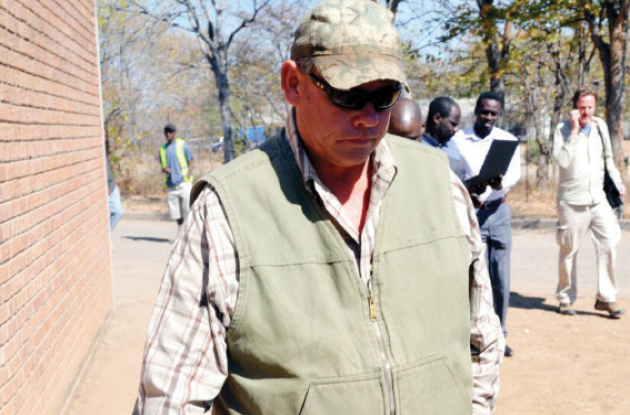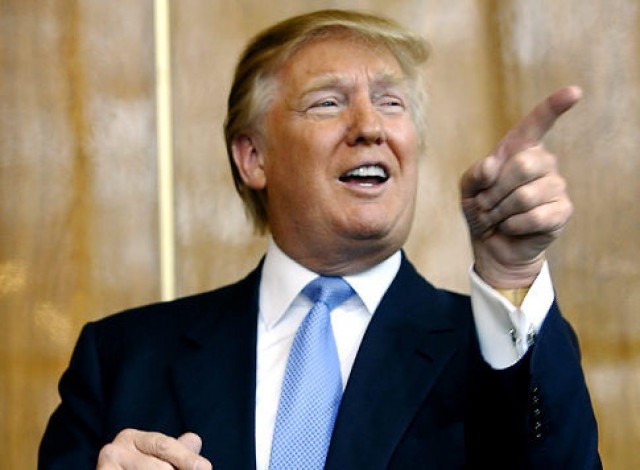President opens education expo

 Tendai Mugabe and Abigail Mawonde Harare Bureau
Tendai Mugabe and Abigail Mawonde Harare Bureau
THE education system should be transformed to ensure that it responds to the country’s economic demands in line with the objectives of Zim-Asset, President Robert Mugabe has said.
Zim-Asset, the country’s economic blueprint, puts beneficiation and value addition of the country’s resources on the fore over and above poverty eradication among other key economic clusters. Addressing delegates at the official opening of the Education Conference and Expo 2015 held in Harare yesterday, President Mugabe said the country’s highest literacy rate should translate into socio-economic spinoffs beneficial to the State.
In this respect, the President said emphasis should now be on the promotion of Science, Mathematics and ICT subjects.
“Yes, we are some 90 percent up there in terms of literacy rate, but we have been saying to ourselves it is not just literacy rate we are aiming for, but we would want to get the real essence of what they call education at its highest level and for that, I’m delighted to hear that there is teacher education taking place in Science and Mathematics – the areas that we most need and the areas also that are relevant to the present times, the present age, this is the age of technology, ICT.
“In pursuit of a new trajectory of accelerated economic growth and wealth creation, the government of Zimbabwe formulated Zim-Asset. To realise the objectives of Zim-Asset, and to promote entrepreneurship, the country requires an effective and efficient education system that guarantees returns on investment through its contribution to national development,” he said
“In this regard, the education system has an important role to play in developing competencies that are required for value addition and beneficiation of raw materials.”
President Mugabe said the development of every country was hinged on the level of education of its people.
In this regard and in line with modern technological trends, 600 teachers were undertaking degrees in ICT, while another 2,500 were studying degree programmes in critical areas such as Science, Mathematics, indigenous languages and Early Childhood Development at five State universities.
The President said the education system should endeavour to mould a complete graduate competitive not only in Zimbabwe but at the global market.
He said it was encouraging that Zimbabwe had managed to meet the Millennium Development Goal on universal education. “This event could not have come at a more propitious time as member countries prepare to embark on the next Sustainable Development Goals,” he said.
“The goals, which have been spelt at the United Nations 2016 to 2030. Notably, Zimbabwe has been successful in attaining development goal number on universal primary education and the country is therefore now working to ensure optimal access and quality educational outcomes.
“Zimbabwe has recently reviewed its primary and secondary education curriculum to make it more relevant to the individual learner and the national socio-economic imperatives of our nation. It’s not just education in vacuum, it’s education in an environment in which we’ve objectives we’re developing in order to get right, to get sustenance, agriculture, communications, commerce — all that we have in all our sectors constitute the environment of learning. The learner must fit in one of these or more of those.”
President Mugabe said the country’s institutions should be geared to provide relevant skills that relate to the country’s socio-economic requirements such as beneficiation.
He said Zimbabwe was privileged to have the majority of minerals found in the world and as such, it was important to have people with mining knowledge to work on them.
The President said education revolutionarises people and equips them with mental knowledge to do things better.
As such, he said since Independence, the country had prioritised financing of education above everything.
Turning to the welfare of civil servants, the President said they should not despair as government was committed to their welfare and would review their salaries once revenue collections improved. “I know it’s not all sunny and glorious in teaching. We have said we don’t teach for money, but we must also live as teachers, have decent homes, be able to have decent clothes, be able to educate our children and so, we need decent salaries,” he said
“If we aren’t paying, it is not because we don’t appreciate. No, it is because the cake to be divided among so many is still little and we have wealth in the ground. As we exploit it and bring it out to the surface, our incomes, surely the salaries will go up. But don’t despair. Yesterday might have been hard. Tomorrow will not continue to be like that. But in the mean time, let’s keep our profession, succeed and let Zimbabwe continue to shine but literacy rate must not drop.”












Comments